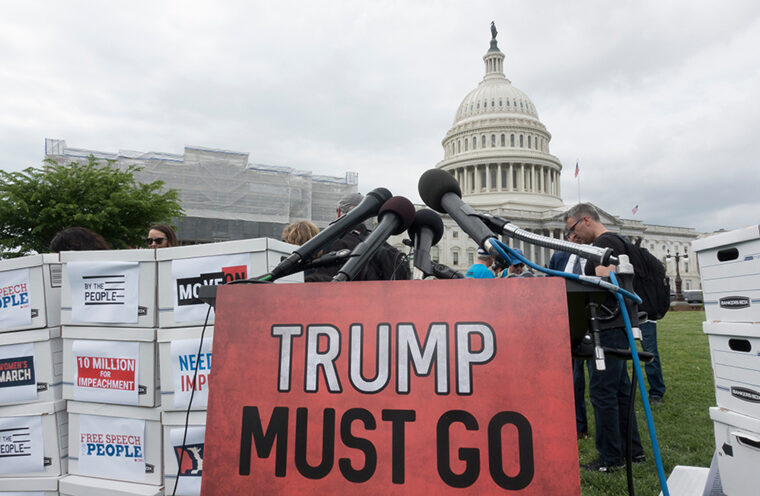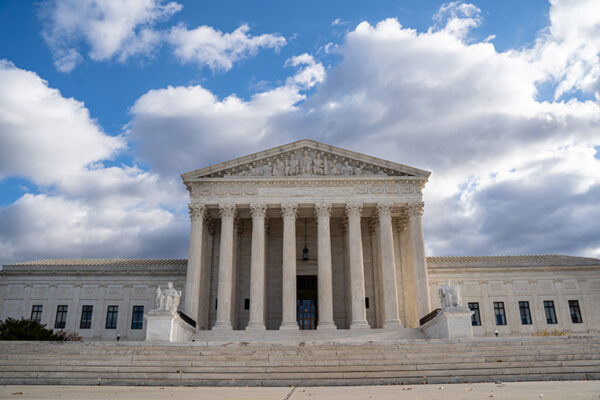Whatever impeachment moves the Democratic-majority U.S. House of Representatives makes next, it’s ultimately up to the Republican-controlled and administration-friendly Senate to hold a trial on the matter — and a Washington University in St. Louis political scientist anticipates the Senate could make a number of moves to avoid the issue.

“A down-the-road issue is how the Senate will respond, and the percolating question is whether the Senate must have a trial if the House adopts articles of impeachment,” said Steve Smith, the Kate M. Gregg Distinguished Professor of Social Science in Arts & Sciences and director of the Weidenbaum Center on the Economy, Government, and Public Policy.
“How the Senate conducts a trial is left to the Senate,” Smith added. “I can imagine a quick motion to dismiss the charges, early motions to adjourn the Senate to avoid further action, and other maneuvers by senators who oppose the process — most of which would seem to violate the spirit of the accepted obligation to conduct a trial.”
On Sept. 24, Speaker Nancy Pelosi (D-Calif.) announced that the House would begin a formal impeachment inquiry of President Donald Trump. It is in response to allegations Trump sought to enlist a foreign power, Ukraine, for his own political gain — asking its president to investigate Democratic presidential candidate Joe Biden.
‘I can imagine a quick motion to dismiss the charges, early motions to adjourn the Senate to avoid further action, and other maneuvers by senators who oppose the process — most of which would seem to violate the spirit of the accepted obligation to conduct a trial.’
-Steve Smith
Despite Congressional action, the Senate is not expressly required by the Constitution to try an impeachment case brought by the House, Smith said. He interprets this duty as the authority to try but not a requirement, parallel to other Senate powers. For example, the Senate can choose to avoid debate and vote on a treaty, veto or nominee from the president despite holding the power to do so in such cases.
Senate rules for impeachment were revised in 1986 that the House of Representatives must adopt articles of impeachment and appoint managers to conduct this impeachment.
“However, any Senate rule or precedent may be changed or interpreted by the Senate as it sees fit,” Smith said. “Only the Senate is the judge of its rules. In fact, the ‘nuclear option’ — which involves setting a precedent that is inconsistent with the plain meaning of a rule — might be used as it was for changing the threshold for cloture on nominations. The Senate, of course, can amend the rule.”
Smith added that Senate Majority Leader Mitch McConnell (R-Ky.) may look for a way to slow down the process in the Senate, perhaps by conducting extended discussions with the Democrats about procedure.



